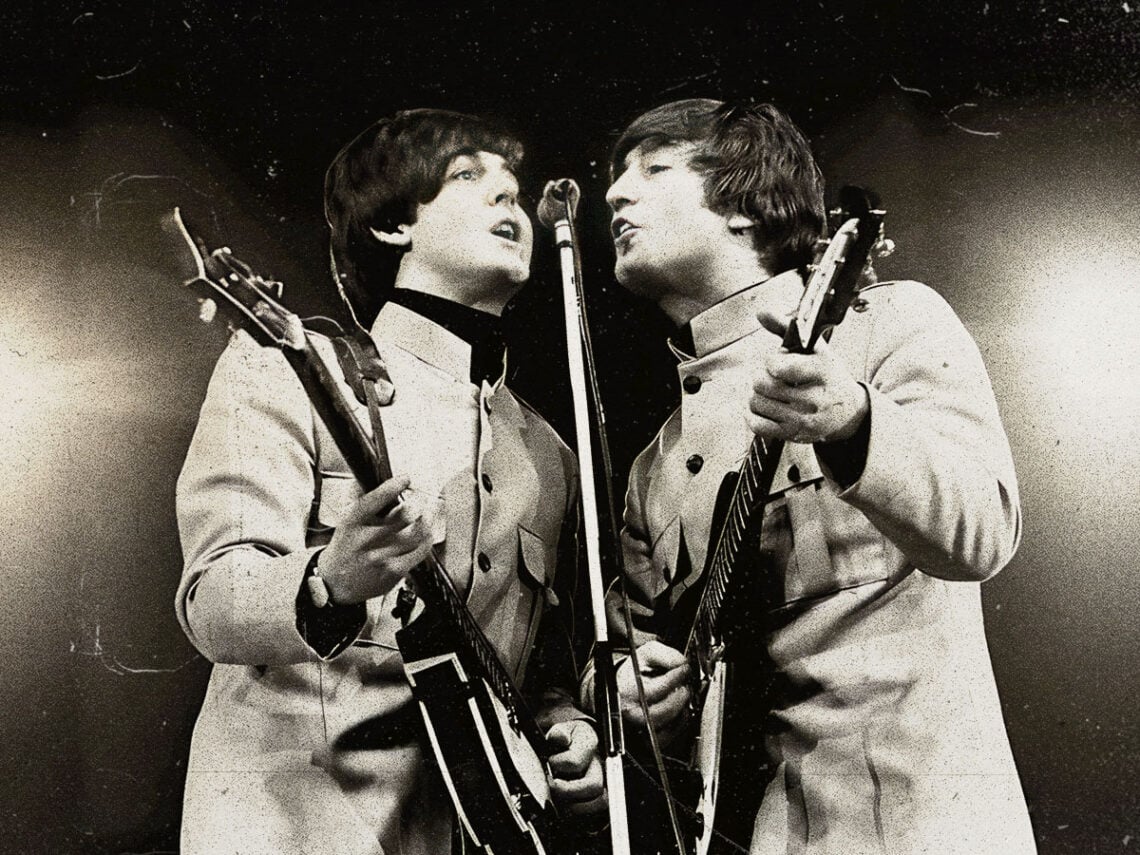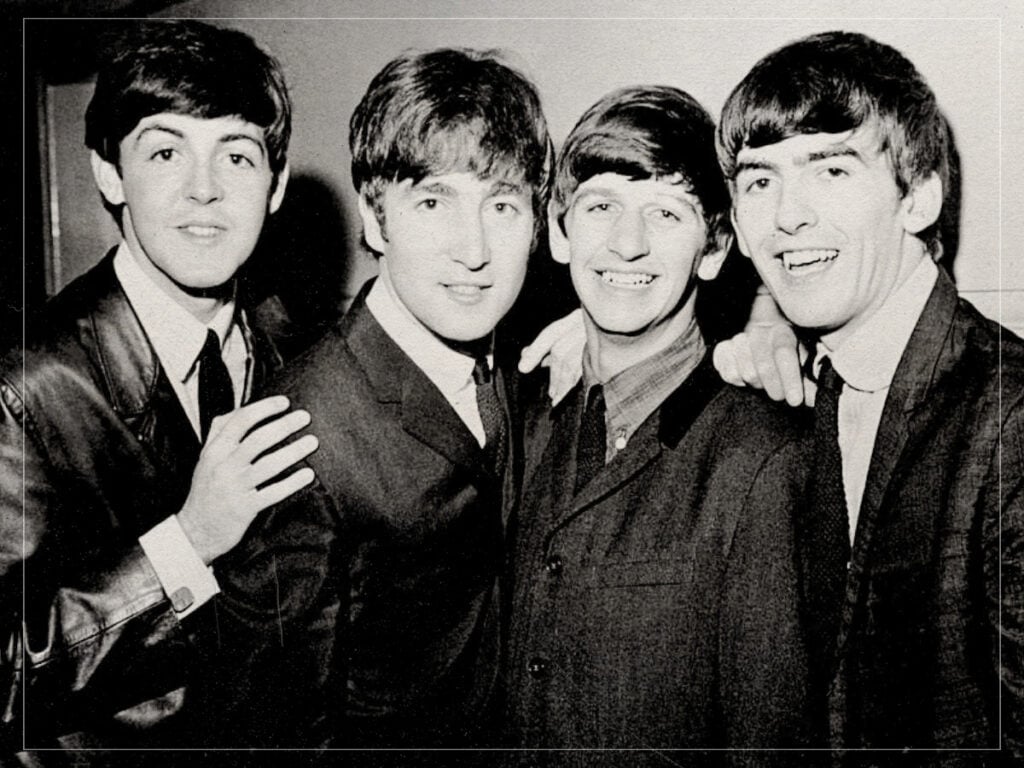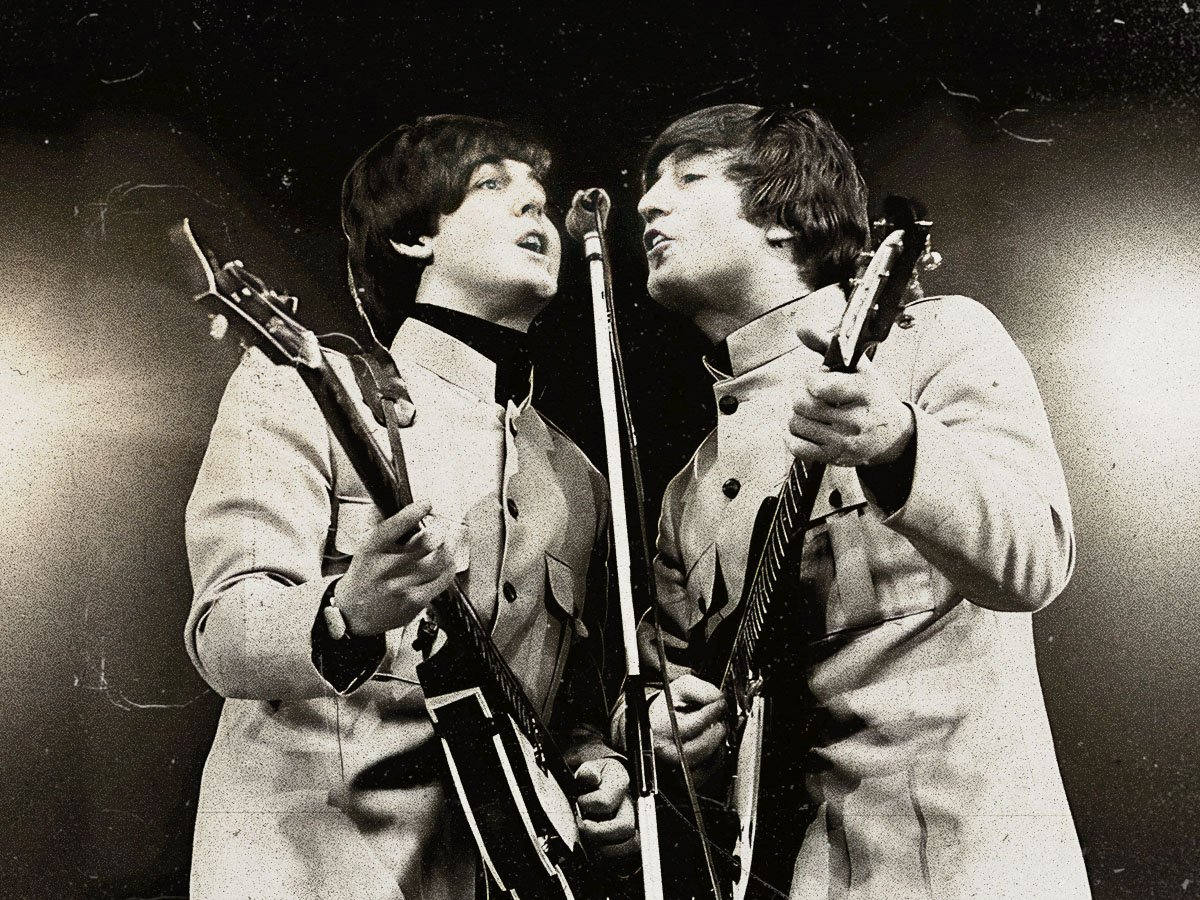
(Credits: Bent Rej)
Thu 9 October 2025 8:44, UK
There is a dreamy fantasy that most Beatles fans hold in their minds, and it is one of hazy bliss as John Lennon and Paul McCartney sit across from each other as excited young men and furiously compose songs, finishing each other’s lyrics and generally being best pals every minute of every day.
While the John Lennon and Paul McCartney songwriting partnership remains one of the greatest of all time, The Beatles duo very rarely composed songs together in their entirety. This grew to a frostier and frostier situation as the group seemed to drift apart.
It meant that as time progressed and each member of the band began writing material, they would only hear the track as it was being laid down, sometimes even as it came out. That means that some sour notes and bitter beats would often come emanating out of the speakers and leave one or more of the members of the band with hurt feelings.
While the surprise must have been welcomed rather than trialling every song they had before recording, it also meant that on occasion, Lennon’s nose was put out of joint. Not by a particularly bad track, it has to be said, but more likely because a song was really great. The duo were certainly friends, that cannot be forgotten, but they were closer to being brothers than best friends. It meant that they were as happy to battle one another as to hug it out. It was this competitive streak that inspired some of Lennon’s finest work.
“It was a great way for us to keep each other on our toes,” McCartney told Uncut in 2004. “I’d write ‘Yesterday’ and John would go away and write ‘Norwegian Wood.’ If he wrote ‘Strawberry Fields’, it was like he’d upped the ante, so I had to come up with something as good as ‘Penny Lane’.” But it wasn’t always that way.
 The Beatles. (Credits: Far Out / Alamy)
The Beatles. (Credits: Far Out / Alamy)
During the band’s formative years, pre-1964, Lennon and McCartney often worked “eyeball to eyeball”, creating songs like pop hits ‘I Want To Hold Your Hand’ and ‘She Loves You’. It would be safe to say that anything after 1964, as the band’s songs became more personal and reflective of their songwriter, Macca and Lennon began squaring off against one another.
One such case occurred upon hearing Paul McCartney’s song ‘Can’t Buy Me Love’. Lennon, with his creative competitiveness in full flow, threw himself into a writing cram session, and it became the driving force behind the band’s next album. The song was a major shift of power behind the scenes, seeing Macca write and record the song almost entirely on his own. One stage, too, things had changed; the new track even saw McCartney taking up solo vocal duties.
It was a sign of things to come. While the group tried to keep to Brian Epstein’s intense marketing schedule of a film and two albums every year, Lennon was seemingly under threat from McCartney as the role of leader of The Beatles. What had always been John’s band was now beginning to change. When ‘Can’t Buy Me Love’ was chosen as the A-side for their single release, Lennon reacted the best way possible—he went on a creative streak unlike any other.
As soon as The Beatles went into the studio to record the B-side for the single, Lennon was primed and ready with the rambunctious ‘You Can’t Do That’, a song that included Lennon’s first guitar solo—but he wasn’t done there. For the new album, A Hard Day’s Night, the soundtrack to the film, Lennon had a few more aces up his sleeve.
The Bespectacled Beatle also wrote and recorded ‘I Should Have Known Better’, ‘Tell Me Why’ and ‘If I Fell’ all for the new record. It marked one of Lennon’s most fruitful periods in the Fab Four. Perhaps the most memorable of the lot was the song ‘A Hard Day’s Night’, a song which took the number spot in the singles chart and shot the album up to number one too.
If there was one thing guaranteed to light a fire under John Lennon, it was always going to be a Paul McCartney song. The two men would continue their blow-for-blow writing style for the majority of their time within The Beatles, even, at one point, finding themselves doing so after the band had ceased to being. The constant challenge to one-up the other may seem distasteful now, but it was certainly the reason for their prolific ability to pen perfect pop tunes in their early years. Who said competition is harmful?
Source Cheatsheet
Related Topics
The Far Out Beatles Newsletter
All the latest stories about The Beatles from the independent voice of culture.
Straight to your inbox.

